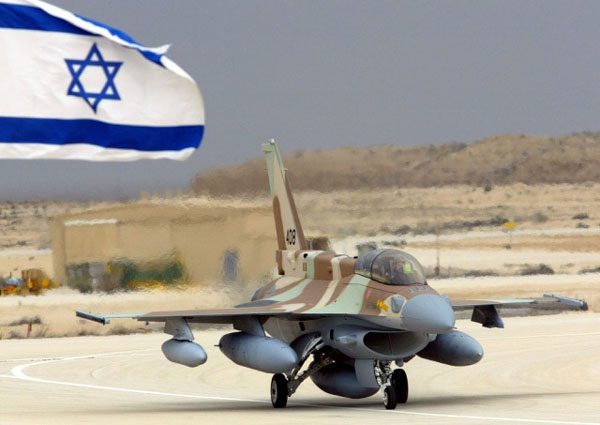Israel’s disappointing performance in its war against Hezbollah in Lebanon in 2006 did not reflect a “failure of air power,” but rather a failure of Israel’s political and military leaders to properly assess the enemy, set achievable goals, apply an effective strategy and adequately manage public expectations, according to a RAND Corporation study issued today.
Researchers found that Israel learned from its mistakes and conducted a more successful campaign when battling Hamas in the Gaza Strip in December 2008 and January 2009.
“What ultimately failed in the planning and conduct of the campaign against Hezbollah was not Israeli air power or any other instrument of warfare,” said Benjamin Lambeth, author of the study and a senior defense analyst at RAND, a nonprofit research organization. “It was a consequential blend of ill-advised civilian and military leadership decisions about the nature of the adversary, the campaign’s initial goals and the desire to avoid a military occupation in southern Lebanon.”
From July 12, 2006, until Aug. 15, 2006, the Israeli Defense Forces waged a 34-day campaign in Lebanon against the radical Islamist terrorist organization Hezbollah, in response to a surprise incursion by Hezbollah combatants into northern Israel and their abduction of two Israeli soldiers.
Israel’s response, code named Operation Change of Direction, included what the study describes as the most complex air offensive ever conducted by the Israeli Air Force. Ehud Olmert, then Israel’s prime minister, declared at the time that the government’s goals were the unconditional return of the two kidnapped soldiers and a permanent removal of Hezbollah as a viable fighting force in southern Lebanon.
When the conflict ended following a mutually agreed cease-fire, those unrealistic goals remained unmet, and the Israeli Defense Forces proved unable at any time to stem the daily barrage of rockets that Hezbollah fired into civilian population centers in northern Israel, according to the study. Well before the crisis erupted, the commander of the Israeli Air Force had warned government leaders that preventing the launching of well-hidden rockets was beyond the capacity of Israel’s air assets alone.
Lambeth finds that although the Israeli Defense Forces had a fully developed contingency plan for a joint air-ground counteroffensive that might have offered real promise in response to Hezbollah’s provocation, Israel’s leaders were unwilling to countenance the high friendly casualty rate that such action would almost surely have generated. As such, leaders chose to avoid a repeat of the sort of massive ground invasion that Israel launched into Lebanon in 1982.
Moreover, the Israeli Defense Forces had conducted virtually no periodic large-scale training of its ground troops for major combat in recent years, leaving Israel’s ground commanders with little incentive to fight a robust Hezbollah. When the Israel government finally committed ground troops to action in large numbers during the last three days of the conflict, the performance of those troops was poorly coordinated with supporting air operations. Furthermore, Hezbollah’s well-dug-in defenses proved more difficult to defeat than expected.
“For the most part, in those mission areas in which it naturally excelled, the Israeli Air Force performed to its usual high standards of competence throughout the engagement,” Lambeth said. “The government’s greatest misstep was taking an overly unreflective view of what military power of any kind, unaided by a coherent and effective strategy, could accomplish when the declared goals were so ambitious and the Israeli Defense Forces’ ground troops were so unready. That misstep had nothing to do with the strengths or limitations of air power.”
The study, “Air Operations in Israel’s War Against Hezbollah: Learning from Lebanon and Getting It Right in Gaza,” can be found at www.rand.org. It was sponsored by the director of operational planning, policy, and strategy, headquarters U.S. Air Force, and was conducted by RAND Project AIR FORCE, a federally funded research and development center for studies and analysis aimed at providing independent policy alternatives for the U.S. Air Force.
[Download not found]









